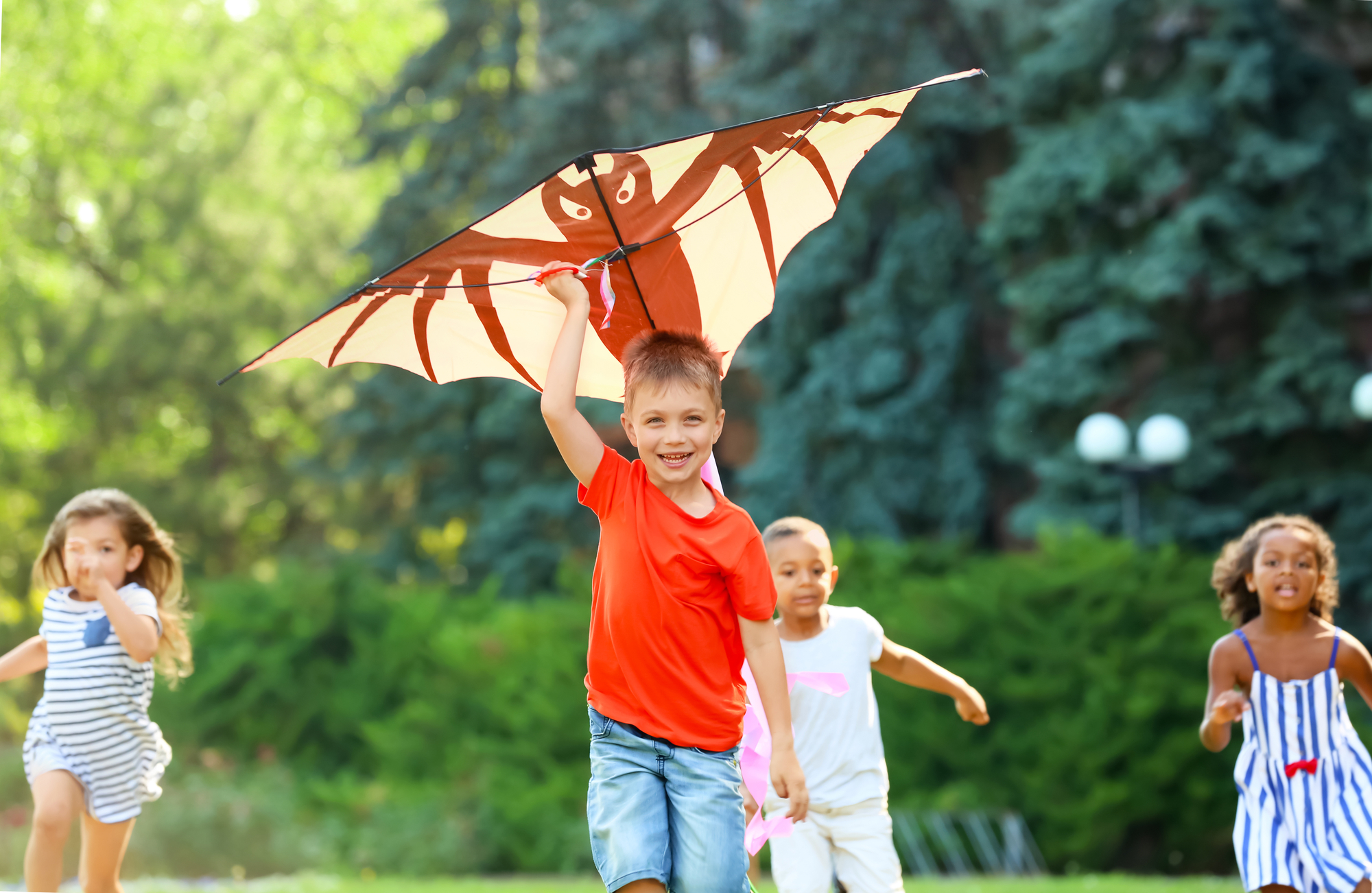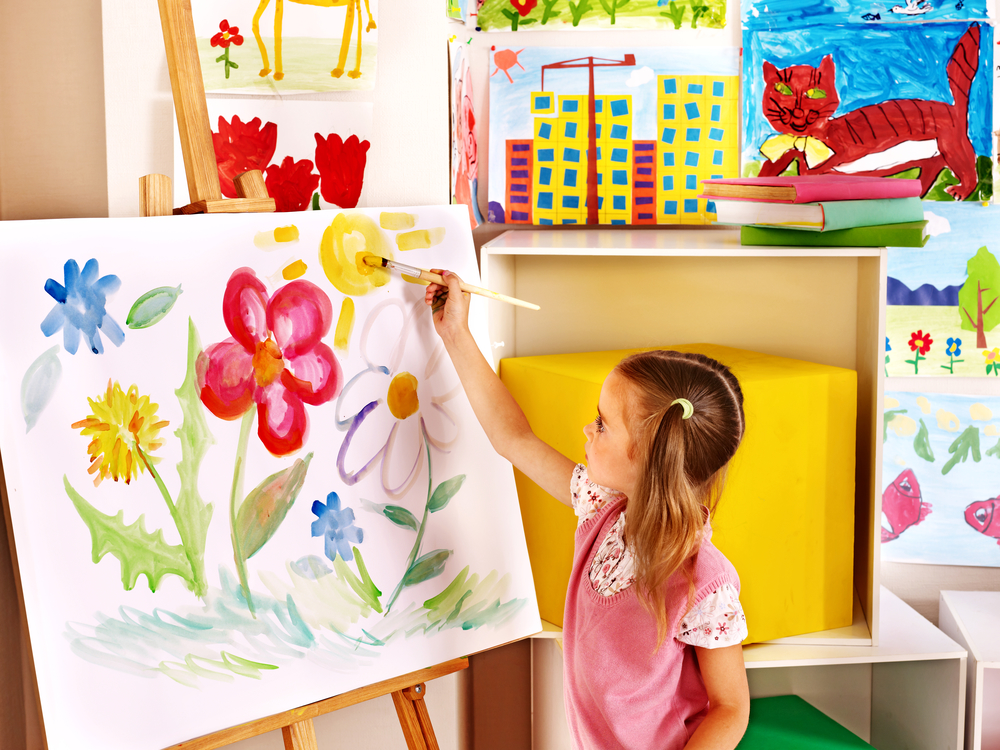by Dr Sally Gillespie
If we want our children to thrive through their education there is no better activity to do than take children out of the constraints of stuffy cramped classrooms into the natural world. Outdoor learning provides children with ample opportunity to explore, observe and investigate the world they live in. It is a form of education that not only provides vital lessons about what sustains life – air, water, food and biodiversity – but also boosts children’s physical prowess, emotional wellbeing and academic performance.
Outdoor Learning and Special Needs Children
For children with special needs who struggle to sit still for long hours in an indoor setting, outdoor learning can provide a great boost to learning capacity, social skills and the development of motor skills. For example, one recent study published in the Journal of Environmental Psychology showed a decrease in ADHD symptoms and an increase in attentiveness and sociability in children who experienced higher levels of light exposure recorded.
Concerns Over Outdoor Play
It is concerning that recent research shows that Australian parents are wary of letting their kids loose in the outside world. A 2022 Royal Children’s Hospital national child health poll found that although 94% of parents recognised the benefit of play for a child’s physical well-being and brain development, less than half of Australian children play outdoors most days, and a third of parents did not think it was good for play to involve risk.
The Importance of Outdoor Education in Today’s World
In a world that is increasingly challenging, children need the multiple benefits of outdoor education and play to help build their confidence, resilience, wellbeing and ability to focus, as well as to develop a “hands on” understanding of our natural world. Prof Tonia Gray, senior researcher at the Centre for Educational Research at Western Sydney University, argues nature that should be “front and centre” in early childhood, with benefits including curiosity and creativity, flexibility and strength, and the development of teamwork and resilience. “Nature and play make an amazing superfood,” she says. “We are biologically hardwired to nature, but we tend to have lost that with indoor, air-conditioned, sterilised life…. We are diluting risk in childhood [when we] need children to become risk technicians.”
Preparing Children for Future Challenges
If we want to help our children negotiate the perils of climate and ecological crises, economic insecurity and food shortages, we need to teach them how the world works and how central our planet’s care and healing are for our wellbeing. These lessons feed the innate sense of wonder that children bring into the world while helping them mentally, physically and emotionally mature.
How Parents Can Encourage Outdoor Learning
Here are a few ways you can ensure your child gets the benefits of outdoor education:
-
Explore Bush Kindergartens – Look for any local bush kindergartens or schools that focus on outdoor learning. Some may even offer out-of-school programs. Even a few hours a week can provide valuable benefits.
-
Lobby for Outdoor Education – Advocate for more outdoor education and excursions at your child’s school. Parental understanding and support are vital for implementing changes to the curriculum.
-
Seek Outdoor-Focused Programs – Look for after-school and holiday programs that emphasize outdoor learning.
-
Prioritize Outdoor Activities – Make outdoor activities a priority for your kids after school and on weekends. Whether it’s hiking, camping, or simply playing outside, these experiences are crucial for their development.
Further Ideas for Incorporating Outdoor Learning at Home
In addition to the ideas above, here are a few extra tips for parents to integrate outdoor learning into daily life:
-
Create a Nature Journal: Encourage your child to keep a nature journal where they can document plants, animals, and weather changes they observe during outdoor activities.
-
Gardening: Start a family garden. It’s a hands-on way to teach children about ecosystems, responsibility, and the importance of sustainability.
-
Nature Walks: Make regular nature walks a part of your routine. Use this time to talk about the environment and encourage your child to observe the smallest details, from insects to tree types.
-
Outdoor Challenges: Set up outdoor challenges, such as scavenger hunts or obstacle courses, that encourage problem-solving, teamwork, and physical activity.
By incorporating these activities into your child’s daily life, you’ll not only provide them with the benefits of outdoor education but also instill in them a lifelong appreciation for the natural world.





